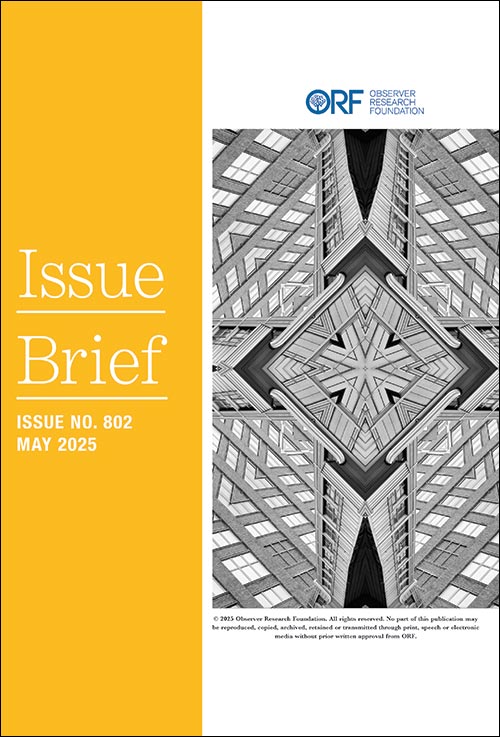On January 9, 2003, the then Indian Prime Minister, Mr Atal Behari Vajpayee, made a long awaited statement: India would grant dual citizenship to certain groups of Persons of Indian Origin. Indian-Americans got the connection they had long wanted with their home country. Analysts both in the United States and India view the granting of dual citizenship, and the growing political mobilization of the Indian-American community, positively. In the United States, Indian-Americans are seen as the educated, technologically savvy, and wealthy minority that not only has a growing political influence but a group that could attain a bargaining power comparable to that of the American Jewish community.
Indian activist groups could soon set up an organization on the lines of the American Israel Public Affairs Committee (AIPAC). Such an outfit would help promote Indian and Indian-American interests in the United States. In fact, this is the role that the US India Political Action Committee (USINPAC) is seeking to achieve.
One of its objectives is to, “provide a national platform for local leaders and organizations and give them the ability to leverage their activities and coordinate their efforts with like-minded people in our community and country.”
In India, the Indian-American community is now viewed as helping further Indian foreign policy and security goals as well as contributing towards its economic development. The Government of India’s High Level Committee Report on the Indian Diaspora states: “A section of financially powerful and politically well connected Indo-Americans has emerged during the last decade. They have effectively mobilized on issues ranging from the nuclear tests in 1998 to Kargil, played a crucial role in generating a favourable climate of opinion in Congress and defeating anti-India legislation there, and lobbied effectively on other issues of concern to the Indian community. They have also demonstrated willingness to contribute financially to Indian causes, such as relief for the Orissa cyclone and the Latur and Gujarat earthquakes, higher technical education and innumerable charitable causes.”
The report continues, “For the first time, India has a constituency in the US with real influence and status. The Indian community in the United States constitutes an invaluable asset in strengthening India’s relationship with the world’s only superpower. While the Indian-American diaspora’s progress and political mobilization have been commendable, the claims about the community’s political power are overstated.
The Indian diaspora’s role as a facilitator of foreign policy will require a greater commitment from the Indian government in developing stronger ties with the Indian-American community as well as providing greater incentives to it. Further, the best lobbying efforts cannot work if there is a fundamental divergence of political views between the United States and India—as was the case when the Indian Parliament unanimously condemned the 2003 American led war in Iraq.

 PDF Download
PDF Download



 PREV
PREV

